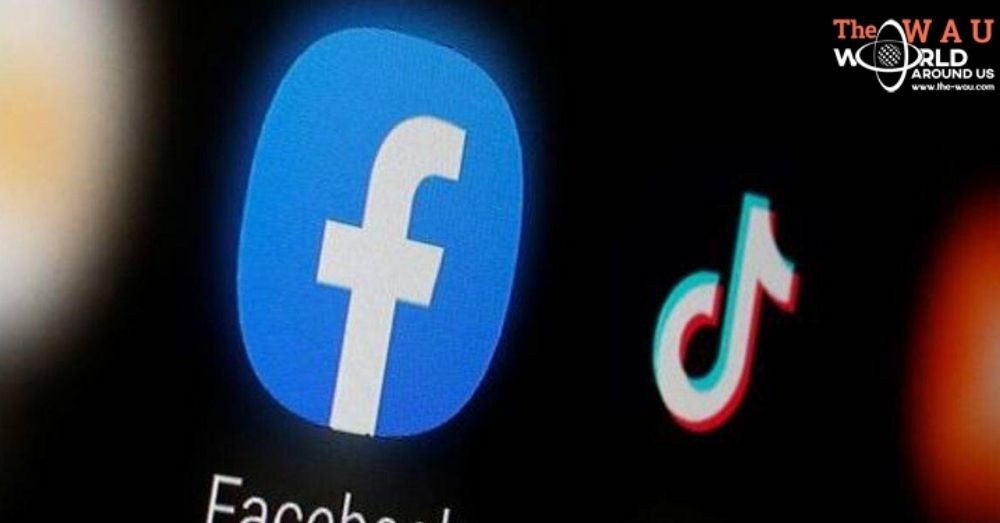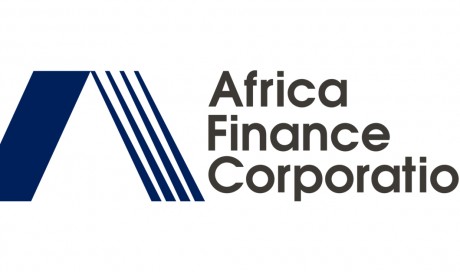COVID-19 Hackathon is a where developers build software solutions that gives social Impact which helps in tackling challenges related to the current COVID-19 pandemic. The hackathon welcomes locally and globally focused solutions and is open to all developers - with support from technology companies and platforms including Facebook, Giphy, Microsoft, Pinterest, Slack, TikTok, Twitter and WeChat, who will be sharing resources to support participants throughout the submission period.
World Health Organization (WHO) declaring coronavirus (COVID-19) a global pandemic, governments have issued guidance for members of the community to practice social distancing, while companies have enforced work from home policies in an effort to flatten the curve of viral infections across the population.
Given the isolation currently being experienced within communities right now, we want to create an online space where developers can ideate, experiment and build software solutions to help address this crisis.
Some examples from the WHO here include the need for accurate disease prevention information around the world in languages/formats that resonate locally, as well as regional needs for expertise, resources/supplies and financial support from donors.
The below seven themes to help spark ideas and the technologies could be built in any platform, across any areas that would drive impact for the below given issues.
Health: Address and scale a range of health initiatives, including preventative/hygiene behaviors (especially for at-risk countries and populations), supporting frontline health workers, scaling telemedicine, contact tracing/containment strategies, treatment and diagnosis development.
Vulnerable Populations: The set of problems facing the elderly and the immuno-compromised, such as access to meals and groceries, and supporting those who are losing jobs and income.
Businesses: The set of problems that businesses are facing to stay afloat, collaborate effectively, and move parts of their business online.
Community: Promoting connection to friends, family, and neighbors to combat social isolation and the digitizing of public services for local governments.
Education: Alternative learning environments and tools for students, teachers, and entire school systems.
Entertainment: Alternatives to traditional forms of entertainment that can keep the talent and audiences safe and healthy.
Share This Post















